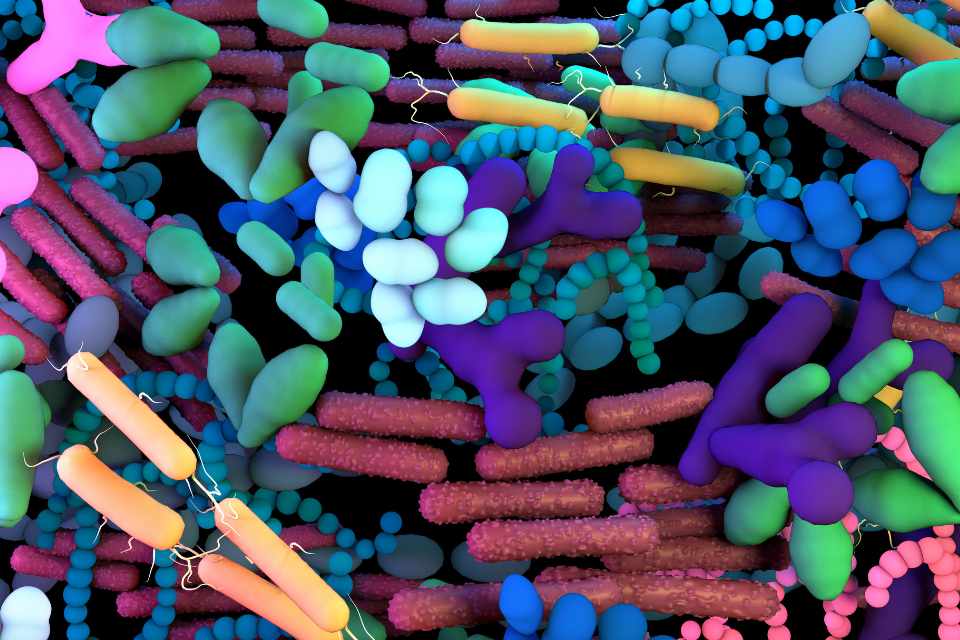Inflammatory bowel disease (IBD) is not the same as irritable bowel syndrome (IBS). The inflammatory bowel diseases are ulcerative colitis and Crohn’s disease. These are autoimmune conditions of the digestive tract. That have chronic gut inflammation in common.
Though not all researchers agree on their cause. We do know that genes may affect the risk of developing autoimmune disease. Yet, it is clear that this is not the full story. The environment also has an impact on who develops these conditions.
In a recent review researchers discuss this further. Outlining evidence that environmental factors, or the exposome, affects inflammatory bowel disease. Where the exposome refers to all possible environmental exposures on a human being from conception to death.
With relation to inflammatory bowel disease factors commonly studied include:
- lifestyle, such as history of cigarette smoking, quantity and quality of sleep, diet and history of breastfeeding
- medications such as non-steroidal anti-inflammatories, antibiotics, oral contraceptives and vaccinations
- the gut microbiome and dysbiosis
- exposure to air and water pollution
The review suggests that many of these factors may have a role in causing IBD. Or they worsen disease progression. Or increase the chance of relapse.
They confirm the gut microbiome differs in people with and without IBD. No particular microbe is implicated. Yet dysbiosis, an abnormal composition of the gut microbiome leads to inflammation. And, gut inflammation can trigger inflammatory bowel disease in susceptible people.
Interestingly, the presence of certain parasites can influence the immune system. This forms part of the “old friends hypothesis.” In which people in developed countries are less likely to have gut parasites. With the loss of these parasites increasing the incidence of IBD.
The diet has an important role in inflammation and gut health. We know that what a person eats affects their gut microbiome. Influencing not only gut inflammation but also how leaky the gut is.
We also know that certain medications affect the microbiome. The review discusses evidence associating medications and inflammatory bowel disease. Their conclusion was that evidence was conflicting. In contrast, researchers found a strong association between disrupted sleep and inflammatory diseases. With some evidence that this was not just disease causing disturbed sleep. But, also poor sleep as a cause of chronic inflammation.
The researcher’s conclusion was that genetics alone can not cause IBD. Though the exposome affect is varaible. Which is good news if you have a family history of IBD. The evidence suggests that you can reduce your risk by controlling your exposome. Don’t smoke, get enough sleep, eat a healthy diet and look after your gut health and microbiome.
If you’re digestion is not what it could be, you could also try a natural method of healing your gut. Such as the 4R program for optimising your digestion.








0 Comments